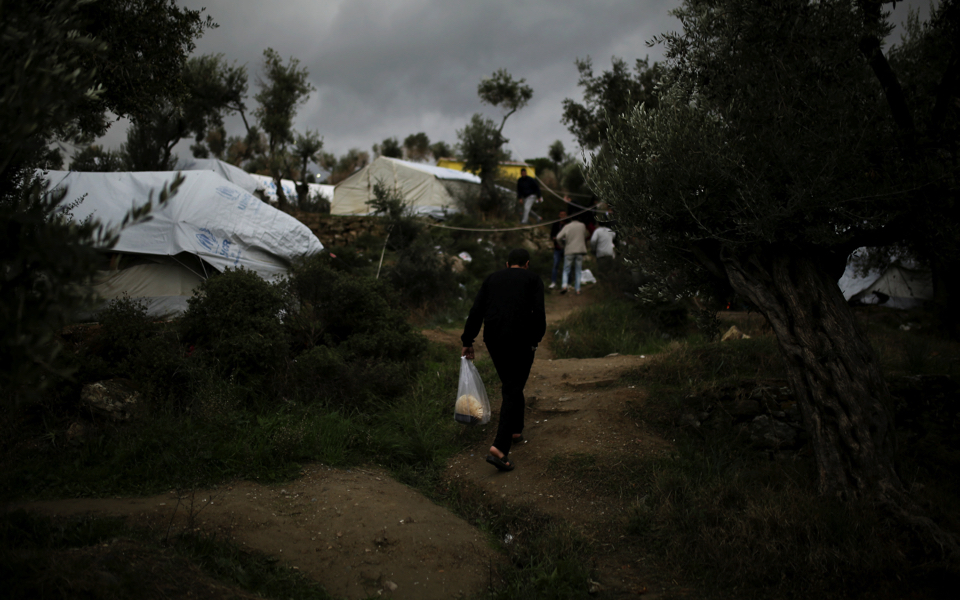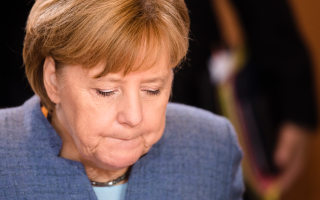Economy, migration, Greece and Europe

Greece’s future depends equally on domestic developments and on Europe’s evolution. If Europe goes well, and if Greece manages to deal with its economic, political and social challenges, then our country will face a better future. If the European Union loses its way, whatever the Greeks do will not be enough to get Greece back on its feet. It is no coincidence that two major challenges that Europe faces today constitute great dangers for Greece: the EU’s economic evolution and the management of mass immigration. These two issues will determine domestic developments in our country, relations between member-states and the identity of the European Union itself.
Both issues have led to Greece’s isolation. One reason is the fact that the European Union may be an economic giant but its crisis skills are miserable – it had not prepared for the possibility that one of its member-states might run into difficulties as part of the common currency; another is that Greek politicians and the country’s public administration have proved consistently incapable of managing problems in the economy and immigration. The result was, first, that Greece should be seen as a “special case” in terms of its economic problems and not part of a greater problem in Europe, and, second, that the country should find itself, in effect, outside the Schengen Treaty, with the islands of the eastern Aegean facing explosive problems because of overcrowding in camps for migrants and refugees and travelers from Greece being subjected to strict passport controls in other members of the passport-free zone.
Last week, the International Organization for Migration reported that from January 1 to last Wednesday (December 13), 28,174 people had arrived in Greece by sea (whereas 172,813 had made the crossing in the same period last year). It is clear that the EU-Turkey deal aimed at stemming the flow of people is not functioning. It appears, also, that any discussion that Prime Minister Alexis Tsipras may have had with President Recep Tayyip Erdogan in Athens did not come to much. Otherwise Tsipras would not have arranged a meeting with European Commission President Jean-Claude Juncker, Chancellor Angela Merkel and Bulgarian Prime Minister Boyko Borisov in Brussels on Friday to ask Brussels and Berlin to press Ankara on the need to stick to the deal. This meeting, like the EU Summit Meeting in Brussels itself, was overshadowed by European Council President Donald Tusk’s recent proposal to scrap the decision to settle migrants across all EU member-states. Tsipras called the proposal “unacceptable.” The truth is that the summit confirmed great tension among member-states, with several countries in Eastern and Central Europe rejecting the obligation to take in immigrants, and it is clear that the subject will not be settled easily.
The immigration issue is critical. It will determine whether the EU will continue to believe in the principle of solidarity and the just sharing of burdens, or whether it will give in to the states that want a relationship in which each state picks what it wants while rejecting responsibilities. This will lead to disintegration. The Brexit blow shows the magnitude of the danger – both for the Union and for whichever country believes it can go its own way – but neither the EU nor many of its members appear to be fully aware of the risks they face.
On the issue of economic union, it is interesting that the Commission made public its proposals for greater economic integration and a host of other measures aimed at creating a stronger and more democratic union, even as Germany remains without an agreement on its next government. It would appear that the Commission is in a hurry to show that it is serious about easing citizens’ concerns about stability and democracy. If it is thinking, though, that with its proposals it might push the conversation in a direction that Germany would not choose, it will probably find that its action was premature. The result of the negotiations between the German political parties will determine the coalition that will take shape, and this will determine the fate of the Commission’s proposals. This, in turn, will affect decisively the future of Greece. It remains to be seen whether Greece will have any useful proposals to add to the discussion, whether it will try to show greater competence in dealing with problems, or whether it will simply await the outcome in others’ negotiations. Again.





